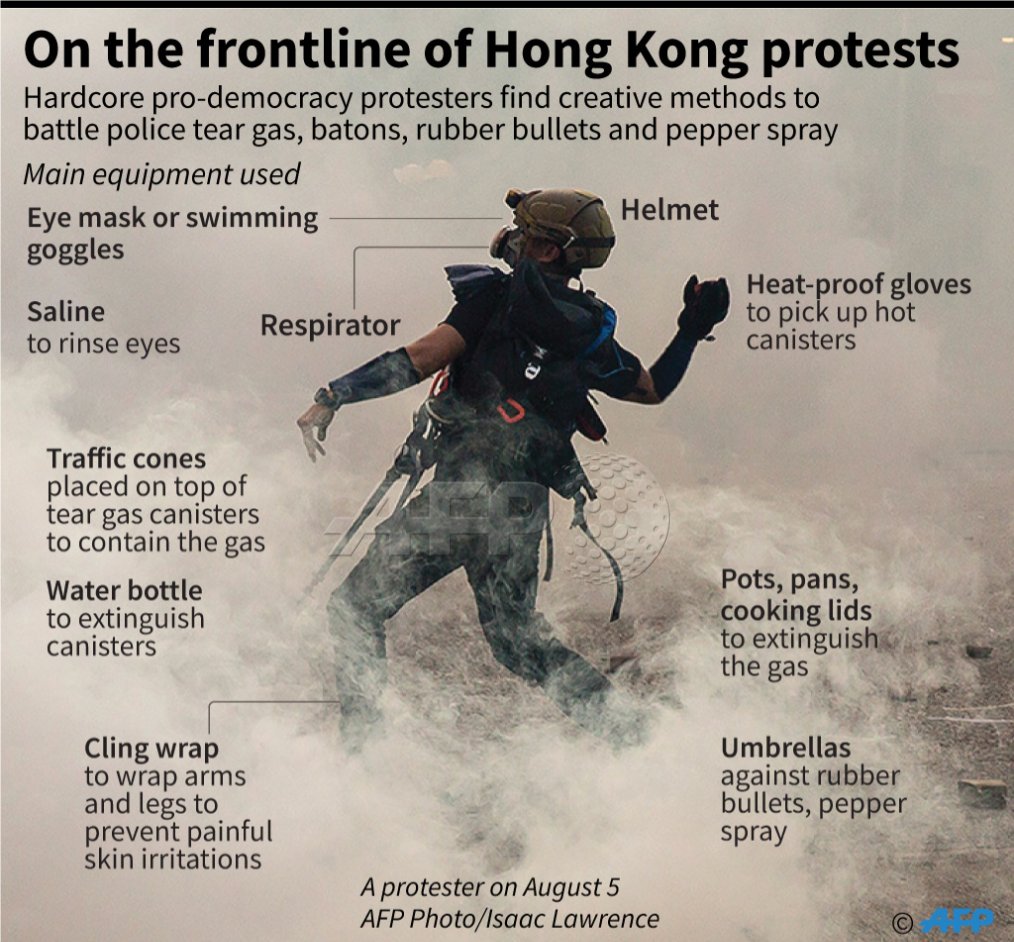So these two opening sentences are pretty heckin’ sarcastic:
Now we've seen the great advantages the colonies got (they got nothing!) (IV.vii.c.1)
So what have been the great advantages to Europe! (IV.vii.c.2)
Seems like there’s a...tone there. #WealthOfTweets #SmithTweets
Europeans buy goods from America, and Americans buy European goods as well. Even countries that don’t trade directly with America have benefited. (IV.vii.c.3–8) #WealthOfTweets #SmithTweets
The mother countries restrict colonial trade (esp the exclusive right to buy from or sell to their colonies). That's a dead weight on the increase of the wealth of nations. Everything is more expensive, everyone enjoys less of it. (IV.vii.c.9) #WealthOfTweets #SmithTweets
Maybe European countries get added security? In ancient times, empires expected military support and revenue from their colonies, and they got it.
18thC colonies? Not so much. (IV.vii.c.11–13) #WealthOfTweets #SmithTweets
Only Spain and Portugal were able to tax their colonies heavily enough to make a profit. For everyone else, colonies were an expensive luxury. (IV.vii.c.13) #WealthOfTweets #SmithTweets
Monopolies that mother countries gave themselves over (some enumerated) colonial goods are really the only "advantage" of colonies.
And it's only a relative advantage—enumerating the goods makes others poor, it doesn't make you rich. (IV.vii.c.15–18) #WealthOfTweets #SmithTweets
And #Monopolies? Not sure if you know this but... Smith hates ‘em.
Here's the #TLDR for the next 45 pages, Smithsters: colonial monopolies aren't special. They suck, too. (IV.vii.c) #WealthOfTweets #SmithTweets
No one:
Absolutely no one:
#AdamSmith: Let me tell you the disadvantages of monopoly trade with one’s colonies!
#BuckleUpButtercup…(IV.vii.c) #WealthOfTweets #SmithTweets
1. Trade with the colonies requires so many resources that other trades are decaying. (IV.vii.c.20–23)
2. Rates of profit on English trade are all out of whack and that messes with many things. (IV.vii.c.24–28)
3. The colony trade means we trade in a round-about rather than a direct fashion. With Smith's theory of capital, that's expensive and inefficient. (IV.vii.c.36)
4. The colony trade pulls us away from trading with neighboring countries. Also expensive/inefficient. (IV.vii.c.37)
5. Colonies are always understocked/in debt. (IV.vii.c.38)
6. Commodities that can only be sold to Great Britain oversupply Great Britain, which then has to be re-export them. (Smith finds this painfully dumb.) (IV.vii.c.40)
7. Resources that should be used to import good stuff to Britain get used to re-export stuff they require colonies to sell them, but can’t use. (IV.vii.c.41–42)
8. British trade is overdependent on colonial trade. That single focus is dangerous.( IV.vii.c.43)
A lot of these downsides stem from Smith's theory of capital which is...not how we think about capital today.
Frankly, it's amazing that we still think that so much of what he said here is right. Just not for the reasons he thought. (IV.vii.c.20–43) #WealthOfTweets #SmithTweets
We, the SmithTweeters, are very into early modern medicine (who isn't?), so let's geek out at Smith’s blood circulation metaphor.
The circulation of blood keeps a body healthy.
The circulation of trade keeps a nation healthy. (IV.vii.c.43) #WealthOfTweets #SmithTweets
So to save Great Britain from the equivalent of a national aneurysm, these restrictions on colony trade should be reduced. Free Trade! The statins of….okay, we’re stopping. (IV.vii.c.44) #WealthOfTweets #SmithTweets
The dangers of overdependence weren't theoretical. In 1774, 12 American colonies boycotted all British trade. The effects weren’t immediately awful, but Smith predicted gradual distress. (IV.vii.c.45) #WealthOfTweets #SmithTweets
https://t.co/CtZp6LnHBc
The monopoly on colony trade also interfered with liberty and justice, not just wealth.
Mercantile regulations were dangerous and hard to fix without more regulations. Which are also dangerous. (IV.vii.c.44) #WealthOfTweets #SmithTweets
Colony trade is “always and necessarily beneficial”.
𝙈𝙤𝙣𝙤𝙥𝙤𝙡𝙮 colony trade is “always and necessarily hurtful.” (IV.vii.c.46–51) #WealthOfTweets #SmithTweets
Colony trade is SO beneficial, in fact, that mother countries benefit from their colonies in spite of their rigid restrictions.
But it is 𝗗𝗘𝗦𝗣𝗜𝗧𝗘, not because of trade restrictions. (IV.vii.c.52–55) #WealthOfTweets #SmithTweets
Smith will never, ever stop listing reasons that monopoly colony trade is bad.
But here’s the big one:
It is wrong to promote the interests of one small group in one country by hurting the interests of everyone else in the world. (IV.vii.c.60) #WealthOfTweets #SmithTweets
“To found a great empire for the sole purpose of raising up a people of customers may...appear a project fit only for a nation of shopkeepers. It is, however, a project...for a nation whose government is influenced by shopkeepers. (IV.vii.c.63) #WealthOfTweets #SmithTweets
Dominion over colonies (as opposed to trade with them) gets Great Britain nothing. It only costs them... (IV.vii.c.66–80) #WealthOfTweets #SmithTweets
...but suggesting Britain voluntarily give the colonies up would offend national pride and private interests.
Smith wouldn’t dream of suggesting such a thing. (He’s suggesting it.) (IV.vii.c.66–80) #WealthOfTweets #SmithTweets
OK, fine, Dr. Smith. ONE MORE TIME: Monopolies derange the natural distribution of stock, and that’s always bad. (IV.vii.c.88–97) #WealthOfTweets #SmithTweets
https://t.co/ozOGOpA0OT
Smith's language about the African colonies and East Indies grates, but he clearly deplores the depredation of colonies. (IV.vii.c.100–102) #WealthOfTweets #SmithTweets
The East India company is particularly bad. As bad as sovereigns are at being merchants, merchants are just as bad at being sovereigns. (IV.vii.c.103–106) #WealthOfTweets #SmithTweets
So yeah, like we said...
SmithTweeters out!















